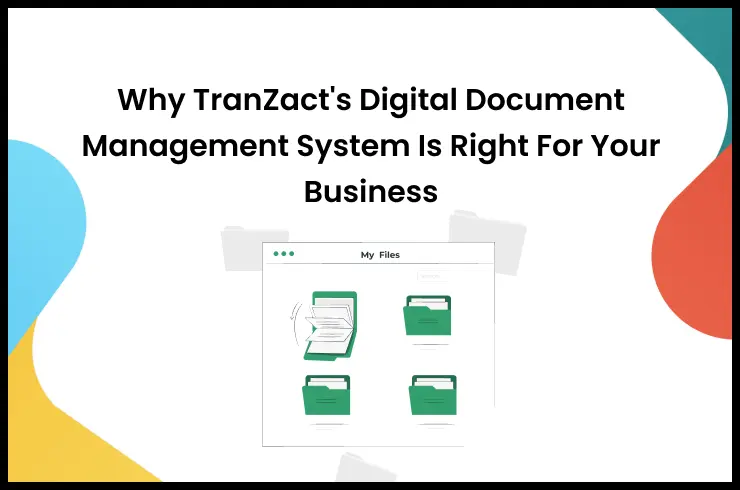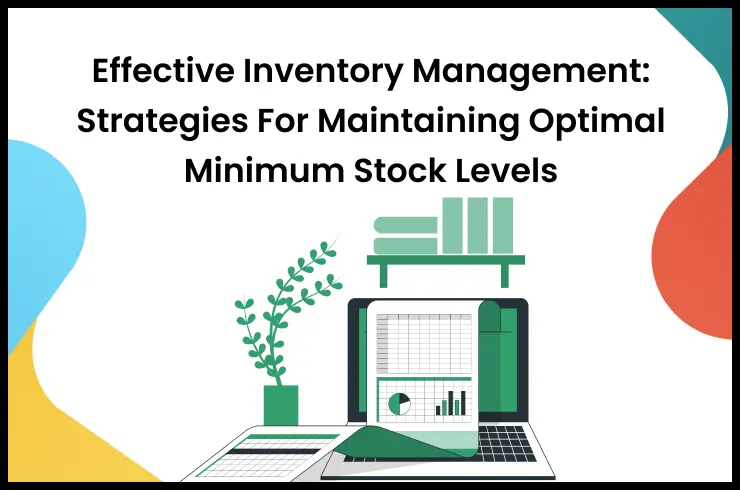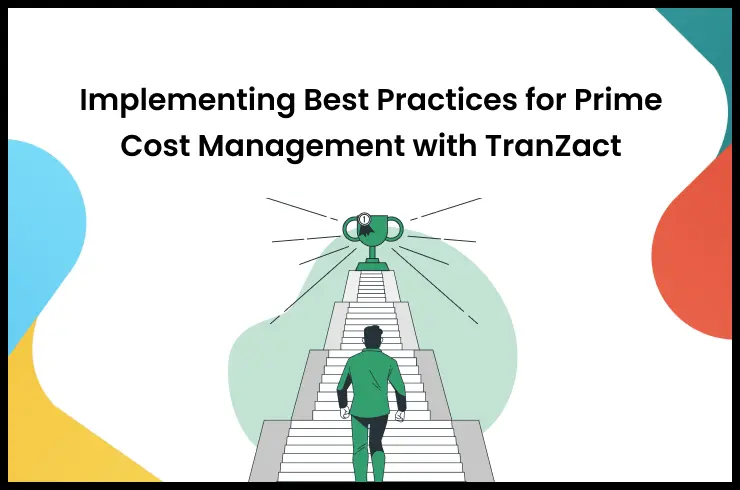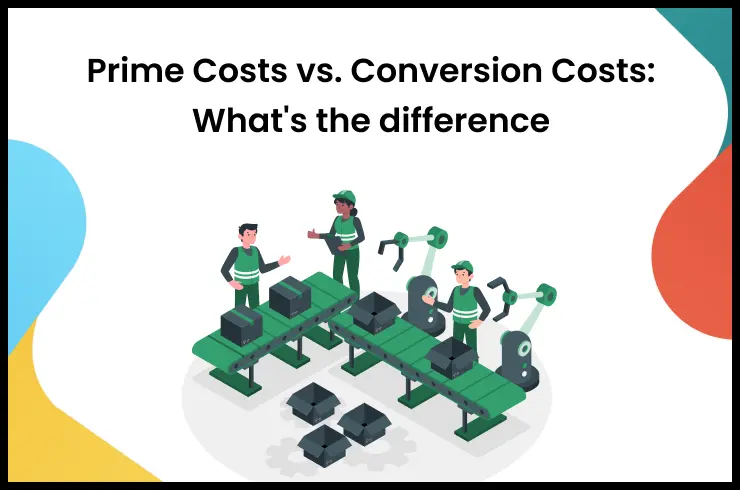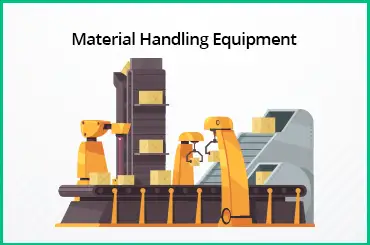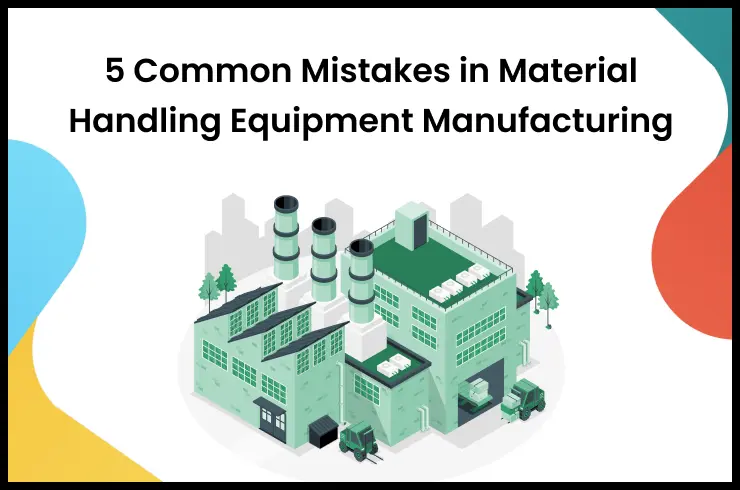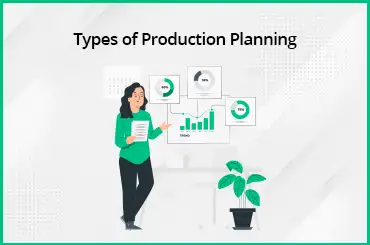ERP in production planning is a collection of systems that aid in managing all aspects of the manufacturing process planning, from production planning to raw material, business operation optimization, and supply chain management. ERP software's production planning module is crucial for manufacturers to plan and manage the manufacturing process, from product design to production and delivery to clients.
ERP software permits remote access to all these functions, improves inventory management, and provides a real-time 360-degree view of the organization. Here is an overview of ERP in the production planning system, its functionality, steps, and its benefits in the production process to guide users effectively.
What Is Production Planning?
Production planning is an approach to developing a strategic plan for capital allocation across raw materials, workstations, staff, and capital, to ensure that production occurs as per deadlines to meet customer demand.
The ERP production planning module offers a structure for efficient planning, designing products, tracking production and developments, managing the manufacturing process, and offering quality finished goods to consumers. To maintain optimal efficiency in the manufacturing process, target management for production, sales, and stock levels must be developed well in advance with the right data on production goals.
Steps Involved in Production Planning
Production planning aids in manufacturing process development and maximizes productivity levels. Businesses must consider factors like raw material availability, acquisition time, machine accessibility, and capacity to assess production capacity.
Here are the critical steps involved in successfully implementing ERP in production.
Determine Production Capacity
The most crucial information is the firm's overall production capacity, which is based on the availability of raw materials, infrastructure, workforce, and the time needed to complete a single batch of finished items. It's also important to eliminate raw material wastage to increase economic viability.
Identity Market Demand and Audience
Identifying consumer age groups, gender, and goods requirement among the audience is another crucial aspect of production planning.
Inventory Management
It is necessary to manage demand fluctuations. High-end firms use computer-generated programs to manage and synchronize materials to ensure uninterrupted workflows.
Risk Management and Control
Risk management can be conducted by making timely requirements in inventory and production to meet customer demand.
How Does ERP System Improve Productivity?
An ERP system is an integrated business management system that aids in production planning by simplifying procedures and offering an overview of the manufacturing process. It is composed of various modules to cater to business operations and departments.
It helps the product manager to renew raw material stock by tracking its availability in real time. It also reduces waste and boosts production efficiency, enabling businesses to stick to their order promises.
Factors such as raw material availability, procurement time, machine availability, and capacity are used to assess manufacturing viability. A production planning schedule can then be developed based on the production priorities.
ERP in production planning also ensures that all data inputs are presented in a centralized dashboard with a detailed view of the manufacturing process. Automation increases efficiency allowing businesses to meet customer demands faster, without interruption, and enhancing employees' efficiency.
Benefits of ERP in Production Planning
The production planning module in ERP software facilitates manufacturing processes and improves production planning operations as follows:
Improvement in Customer Service
A production planning module in an ERP solution ensures that the finished product is delivered on schedule and without compromising quality. It contributes to developing trust and strong ties with clients, allowing them to return for repeat orders and spread positive words about the product in the market.
Workflow Efficiency
The key to successful business operations is to avoid overburdening workflows and timely communications between various departments. ERP production planning ensures the integration of planning, implementation, control, and operations integration with other business departments. This promotes error-free processes while lowering manual intervention. It also helps to avoid hefty workloads, delayed delivery, lost clients, and other concerns.
Businesses can use production planning process tactics to devise numerous quality checkpoints and focus on all aspects of production, like acquiring raw materials, resource management, and product development to ensure that the products pass the prerequisite industry standards.
Inventory Control and Management
ERP is crucial for structured stock management and inventory control. It reduces extra inventory costs, tackles overstocking, and manages the need for increased inventory to meet customer demands.
It continuously updates the status of materials in real time and mechanically places new orders for them when the stock needs to be replenished. It also uses expert techniques like just-in-time scheduling to eliminate the necessity for keeping many work-in-process items on hand. In this way, ERP software enhances inventory processing and maintains a balance for sufficient inventory.
Enhanced Quality of Equipment
Production can halt due to the malfunction or damage of crucial machines and equipment, leading to delays and failure to satisfy client needs. To avoid malfunctions and production delays, routine maintenance, timely servicing, cleaning, and efficient resource utilization can be planned with ERP in production planning.
Improvement in Employee Morale
A systematic and organized workflow reduces the potential for burnout and exhaustion in a haphazard work environment. Effective production planning systems keep the concerns of fatigue, mental and physical stress, low morale, and lack of productivity at bay.
It improves overall production and management of final products, enhances collaborations, and advocates faster and more effective workflow to meet deadlines. Business owners can keep the shop staff informed of the tasks, responsibilities, and goals in an organized manner.
Reduced Downtimes and Product Delays
Manufacturing downtime occurs when employees or equipment are not in use but are still being paid for. It can result from a lack of raw materials, machinery maintenance, a blackout, or other factors.
ERP software can assist businesses in bypassing this unproductive period by lowering expenses and increasing returns. It plans equipment repair, inventory replacement, and sourcing to guarantee uninterrupted production and timely shipments of finished goods. It enhances the customers' confidence in the business and reduces financial losses in the long run.
Best ERP Solution for Production Planning
Implementing an ERP solution for production operations is an excellent method to improve performance, raise efficiency, and boost revenue. It manages the manufacturing process and other crucial aspects of the business. TranZact offers a dedicated production module that is interconnected with sales, purchases, and inventory. It offers multilevel Bill of Material functionalities to accelerate production activities with minimal delays and higher efficiency.
FAQs on ERP in Production Planning
1. What is an ERP production module?
ERP production module is a software application that is part of an ERP system developed to streamline the production process of a manufacturing company. It provides a comprehensive set of tools to plan, schedule, track, and control the entire production process and goods delivery.
2. What are the benefits of an ERP system?
An ERP system facilitates completing orders on time, reducing lead time, and increasing workflow for customer satisfaction by automating end-to-end business processes.
3. What is the life cycle of ERP production planning implementation?
ERP production planning implementation life cycle involves the planning stage, analysis, ERP system design stage, development, testing, and ongoing support stages.
4. How can we avoid ERP production planning delays?
It can be overwhelming to implement an ERP production planning system; thus, investing your time during the initial stage and creating a reliable structure and resource estimate is vital. Check the achievement of goals periodically to see if any adjustments are necessary.







